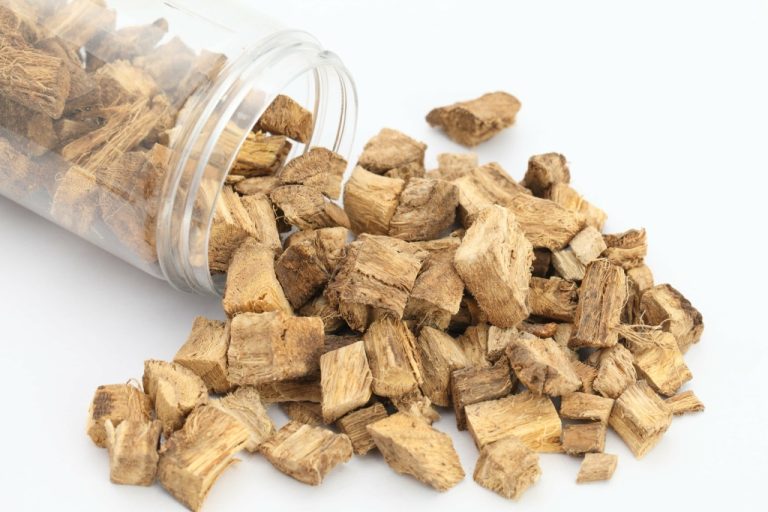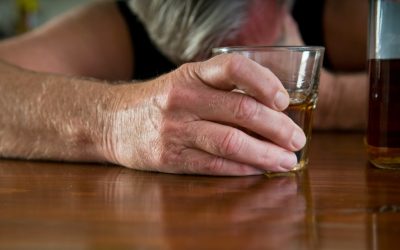We offer both medication and coaching for alcohol addiction via telemedicine. Treatment plans are customized to each person’s needs through online meetings with our medical team. Our program is 100 percent accessible through your smartphone or personal device, https://www.computationalreporting.com/ and is in-network with many insurance providers. Treating both problems at once with a combination of medication and therapy has shown very positive results. This is especially true when treatment is flexible to the unique needs of the individual.
How alcohol worsens depression
People experiencing a depressive episode may have trouble getting out of bed in the morning due to a lack of energy, fatigue, and a loss of motivation. Although the user may rely on substances used to relieve symptoms of depression, chemical intoxication http://www.snowflakebase.com/Breckenridge/page/4/ can actually make depressive episodes more severe, increasing the frequency and intensity of negative thoughts and self-destructive behavior. To date, only one intervention has specifically addressed heavy drinking among psychiatric patients.
Is It Genes or Lifestyle?
But she still felt that drinking helped — rather than hurt — her mood. Alcohol misuse and depression are serious conditions that you shouldn’t ignore. If you think you have a problem with either, talk to your doctor or therapist. There are lots of choices when it comes to medication that treats depression, and there are drugs that lower alcohol cravings and counter the desire to drink heavily.
tips to cut back on drinking
- Among people in treatment for DSM-IV AUD, almost 33% met criteria for major depressive disorder in the past year, and 11% met criteria for dysthymia.
- Research shows that depressed children are more likely to have problems with alcohol a few years down the road.
- It can be a never-ending cycle that ultimately brings you to a very dark and desolate place.
- For many people, feeling sad or unhappy is a prominent symptom of depression.
- A 2011 study of adolescents seeking treatment for mental health conditions such as depression found that at the 1-year follow-up, teens who drank alcohol were more likely to attempt suicide or engage in other forms of self-harm.
If you feel affected by the content you have read, please see our get help page for support. People with depression who drink alcohol often start to feel better within the first few weeks of stopping drinking. If you try this http://www.ekranka.ru/?id=a165 and feel better, it’s likely the alcohol was causing your depression. Long-term alcohol misuse increases your risk of serious health conditions, including heart disease, stroke, high blood pressure, liver disease and cancer.
- Regular drinking can lead to depression, and depressed people are also more likely to drink too much.
- These research approaches lead to three conclusions, discussed below.
- The most consistent results relate to manic episodes, wherein manic-depressive patients show a small but significant increased risk for alcoholism (Winokur et al. 1993).
- As discussed above, alcohol temporarily increases levels of “feel-good chemicals” like dopamine and serotonin.
- But if you turn to alcohol to get you through the day, or if it causes trouble in your relationships, at work, in your social life, or with how you think and feel, you may have a more serious problem.




